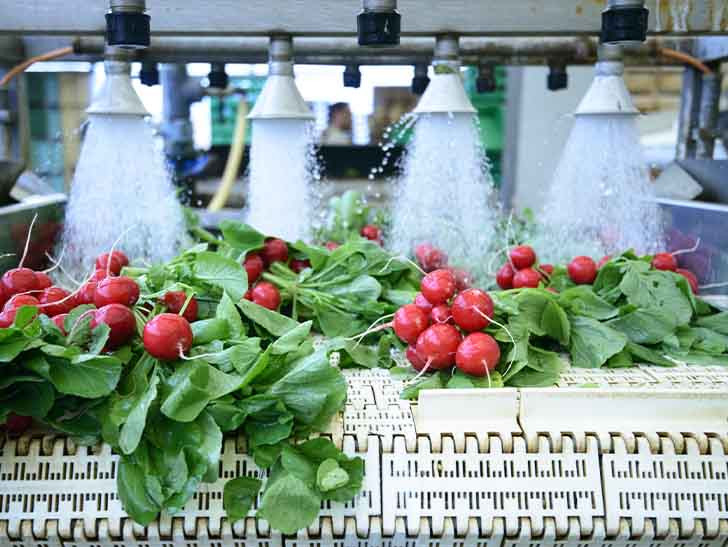
Food industry entrepreneurs face several strategic challenges in both the short and long term. These challenges include managing rising cost inflation, maintaining sales, reducing energy dependence and complying with upcoming legislation related to sustainability reporting.
Although inflation is expected to decline, groceries continue to become more expensive. However, supermarkets are experiencing a slight slowdown in price increases. While some product categories have declined in price, price increases are being offset elsewhere. Shelf prices are predicted to stabilize, but whether they will actually fall is still uncertain. Although supermarkets expect falling raw material and energy prices to be reflected in food producers' prices, some agricultural commodities are actually rising in price again. This, along with rising costs such as personnel, rent and interest, makes a price war with significant and prolonged price declines unlikely.
The food industry is facing volume pressure, with A-brands and specialty stores losing market share to private brands and discounters. Although sales are expected to grow due to price increases, margins have already come under pressure in many food companies. There are also long-term challenges, such as adapting to a shrinking livestock industry and continuing the energy transition in energy-intensive sectors.
In the bakery sector, the energy crisis offers entrepreneurial opportunities to improve energy-intensive processes. By applying sensoring, vacuum technology and heat recovery systems, bakeries can reduce gas and electricity consumption and optimize their production capacity. In addition, switching to an electric proofing cabinet can reduce dependence on gas. By combining these solutions with generating or purchasing green energy, bakeries can reduce their carbon footprint and save costs.
Sustainability is becoming increasingly important for companies, both because of the energy crisis and the upcoming Corporate Sustainability Reporting Directive (CSRD) legislation. This legislation requires companies to report on their sustainability policies and performance. Reporting must comply with several guidelines, including mapping impacts on climate, environment, water, biodiversity, working conditions and governance. Transparency throughout the chain, including suppliers and customers, is essential. Targets and policies are required to be part of the long-term strategy, and sustainability reports are part of the annual report.
Although the legislation initially applies only to large companies, it also affects smaller companies in the food chain. Large food retailers and processors are already requiring their suppliers to report on their impact. For food companies that want to start reporting on sustainability, here are some tips: focus on the components with the most impact, measure the impact with a baseline measurement, define a corporate social responsibility strategy, implement this strategy and communicate about it with stakeholders.
Photo: ©RomboStudio/Shutterstock.com
Source: Rabobank